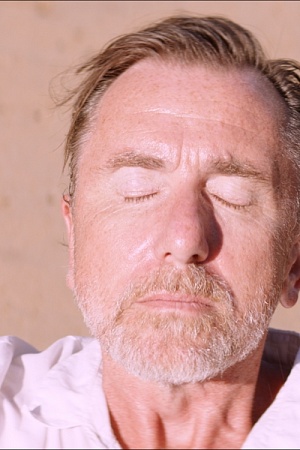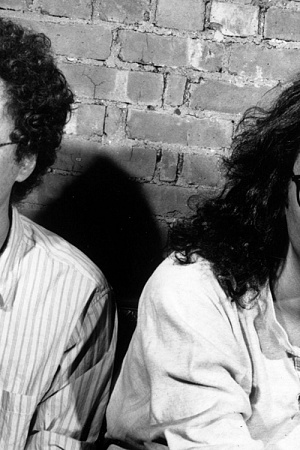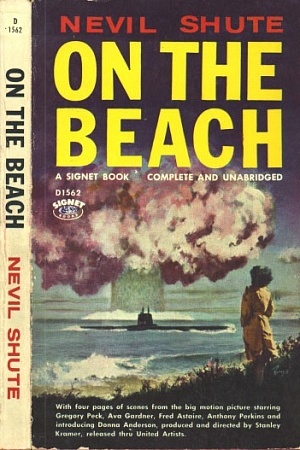The Apprentice

The Apprentice begins with footage of Richard Nixon addressing a television audience. It is 1973 and the Senate Watergate hearings are underway. ‘People have got to know whether or not their president is a crook … Well, I’m not a crook,’ Nixon intones.
This new Donald Trump biopic, anchored to the real world through such archival footage, is being released at a similarly consequential political moment, twenty-five days ahead of election day.
The Apprentice struggled to find a distributor following its première at Cannes in May, when Trump’s lawyers issued a cease-and-desist letter, terming it a ‘concoction of lies’ from screenwriter and Roger Ailes biographer Gabriel Sherman. Director Ali Abbasi has countered in interviews that The Apprentice is ‘fact-based’, but a disclaimer preceding the film stamps it ‘fiction’.
Continue reading for only $10 per month. Subscribe and gain full access to Australian Book Review. Already a subscriber? Sign in. If you need assistance, feel free to contact us.











Leave a comment
If you are an ABR subscriber, you will need to sign in to post a comment.
If you have forgotten your sign in details, or if you receive an error message when trying to submit your comment, please email your comment (and the name of the article to which it relates) to ABR Comments. We will review your comment and, subject to approval, we will post it under your name.
Please note that all comments must be approved by ABR and comply with our Terms & Conditions.